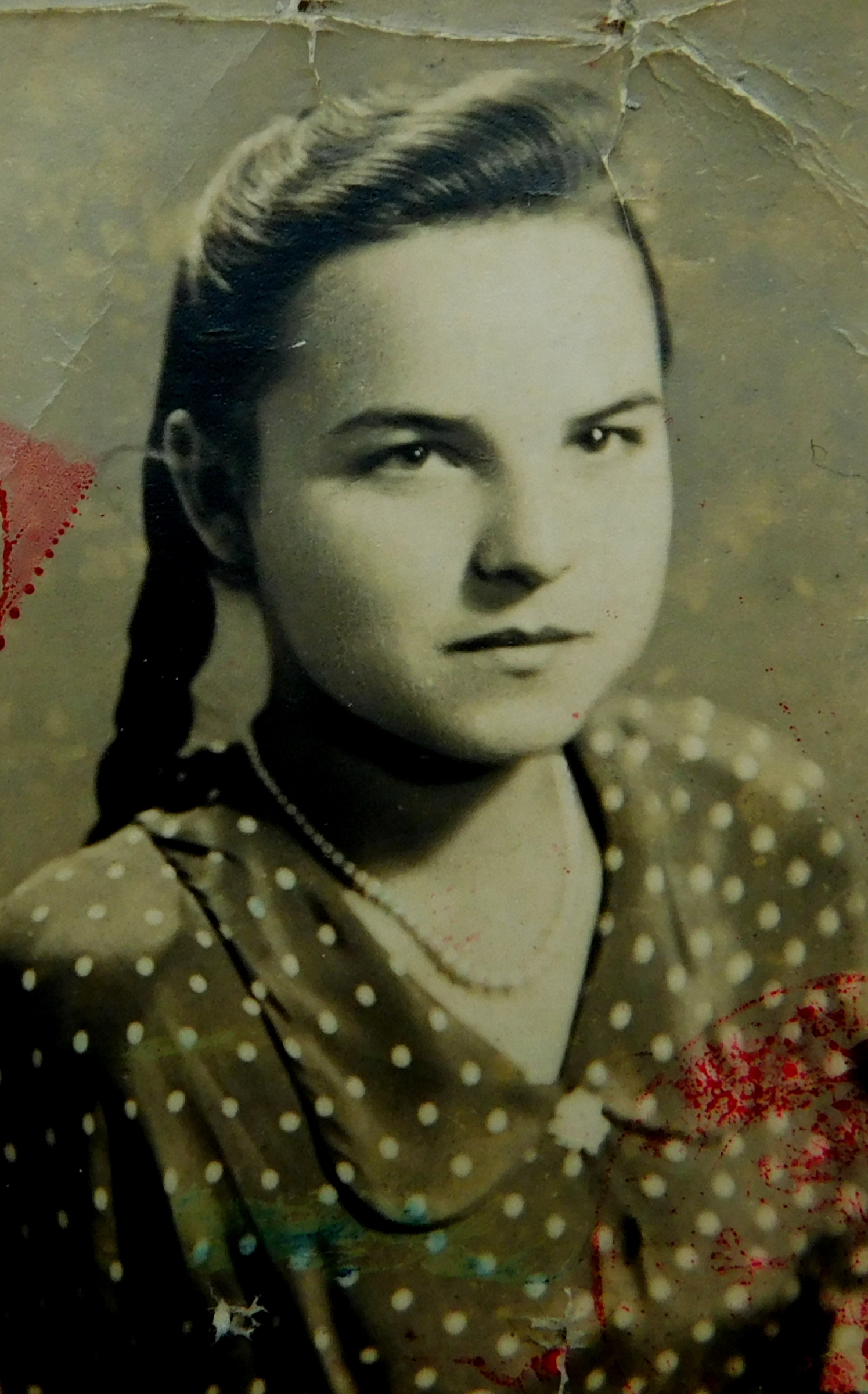We were supposed to leave for fourteen days and we have been really gone for seventy years

Stáhnout obrázek
Elefteria Vlachopulu, née Popovská, was born on 12 March, 1934 in a village of Tarnovo (todays Prasino) in the region of Florina in the Northern Greece. She is a Slavic Macedonian and her native tongue is not Greece, but Macedonian. Her three brothers fought in the Greek civil war on part of the Greek Democratic Army (DSE). In 1948 the witness along with her two younger sisters and other village children were evacuated to Yugoslavia by the guerrilla. While her sisters later ended up in Czechoslovakia, Elefteria Vlachopulu spent eight months in the child care shelter in the Rumanian town of Călimănești, before she was sent to the spa town of Ladek Zdrój in Poland with other children. All of them lives in a temporarily child care shelter in one of the spa buildings. In Poland she apprenticed a craft and graduated at an industrial school in Vratislava (Wrocław in Polish). For a year and a half she also worked in the town as a planner in an electrical engine factory. In 1957 she left for holidays to see her sisters in Jeseník in Czechoslovakia, where she then stayed. The family got totally split by the civil war. The youngest brother Christos secretly passed the border to Yugoslavia along with other partisans and later married a Serbian and lived in Belgrade. Ilias was healing his war injury in Albania and still got sent to the Soviet Union together with the largest part of the guerrilla, specifically to Tashkent in Uzbekistan, where also their eldest brother Pandelis ended up. The mother still lived in Greece, but in 1963 emigrated to her sons to Tashkent. While Pandelis married a Russian and stayed in Tashkent, the mother and Ilias, his wife and children moved to Skopje in 1980 in the former Yugoslavia (todays Macedonia). In 1958 the witness married a Greek, Andreas Vlachopulos, whose family also had to leave the country dramatically during the civil war and with whom she still lived in Jeseník in 2017.



















